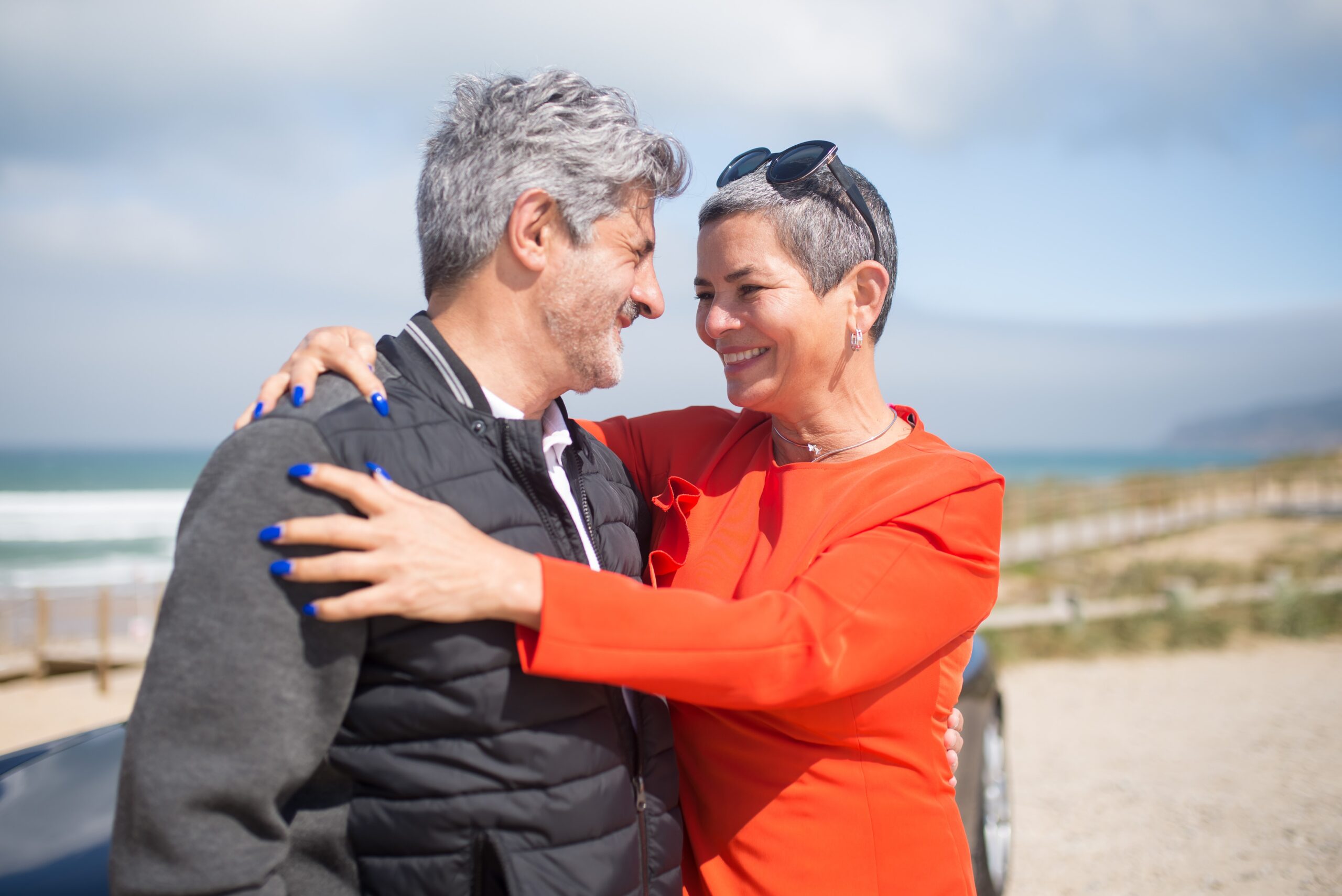-

Your daily habits define relationship longevity.
You are what you do daily… so make good habits for yourself and your relationship! “The happiness of most people is not ruined by great catastrophes or fatal errors, but by the repetition of slowly destructive little things.”– Ernest Dimnet Gratitude Your daily habits with the person you love will define the overall health of…
-

Choose Your Words Wisely
Choose your words wisely… Words are an instrument to heal or wound – to connect or separate. Try to think about the words you use with your partner this week… Do they heal or wound, connect or separate? The traumatizing and/or healing effect that words can have on people.. especially when in a committed relationship,…
-
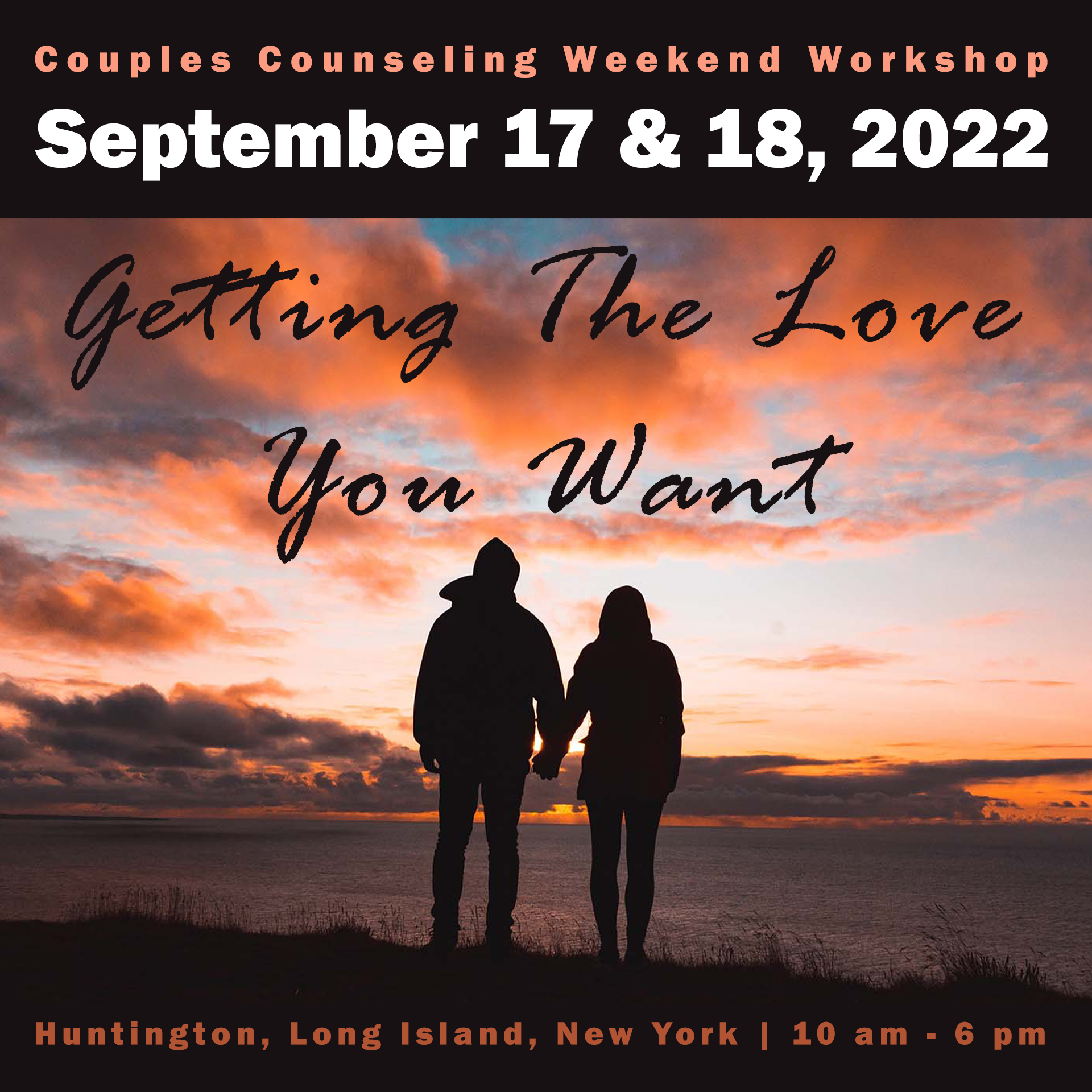
Getting The Love You Want Couples Workshop 2022
We’re excited to share with you our new dates for our weekend couples counseling workshop, ‘Getting The Love You Want’ in Long Island, New York. Taking place in Huntington, NY, this intensive couples workshop gets right into it, no messing around. Robin Newman, Imago Relationship Therapist, Social Worker & Owner of the Huntington Relationship Center…
-

When is it time to break up?
What should you do if you’re in doubt about whether you should stay or leave the relationship you’re currently in? How do you know when a relationship is over? Well, there’s many answers to this, and it’s quite nuanced to our individual lives, but here’s a very small list of signs that your relationship may…
-
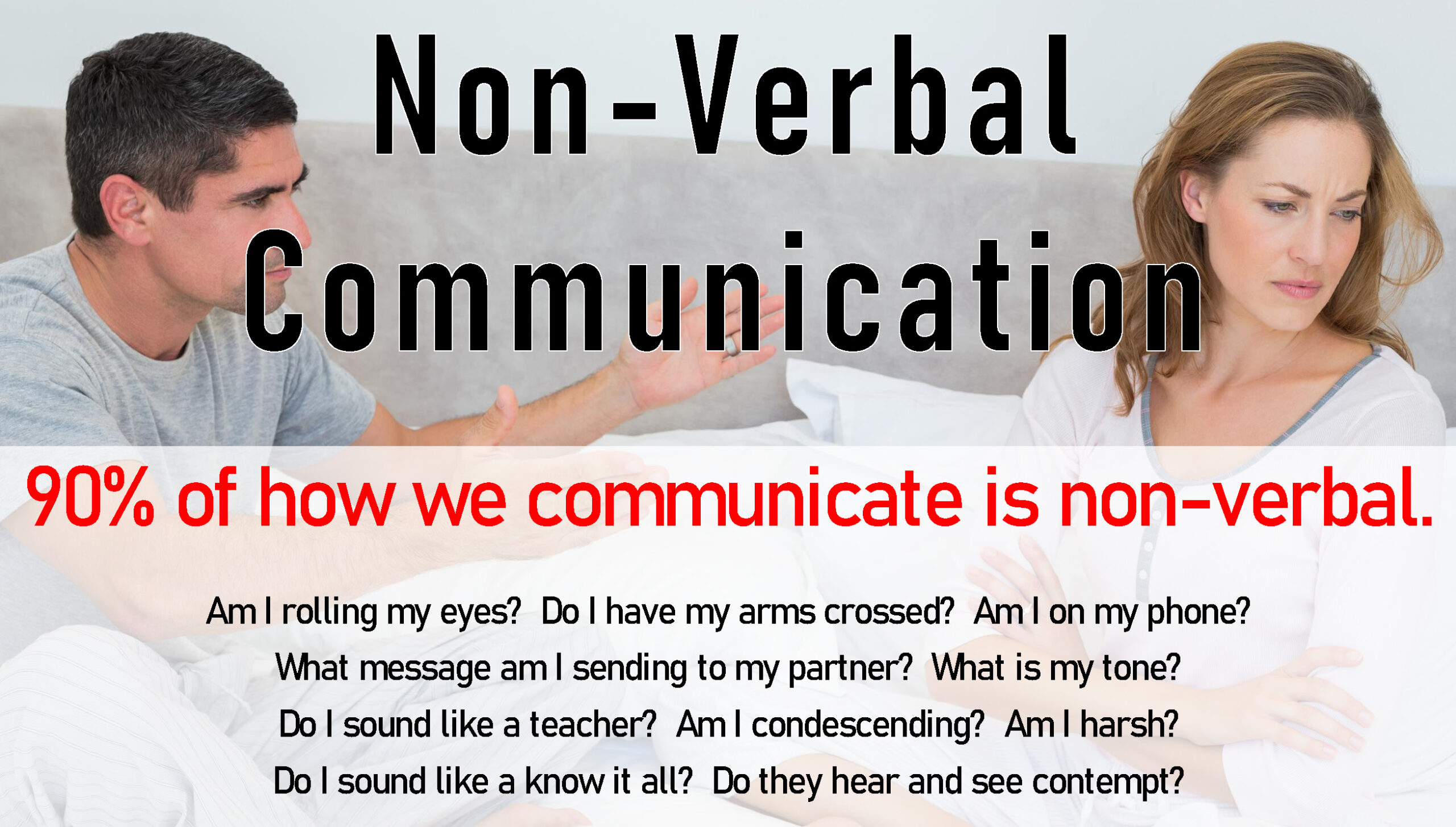
Non-Verbal Communication in Relationships
Non-verbal communication is the messages we send to others that don’t include words. We can tell a lot about how a person feels, if they’re being genuine with us, or what kind of mood someone is in without them saying anything about it to us. Just the ‘vibe’ someone displays says a thousand words. Making…
-
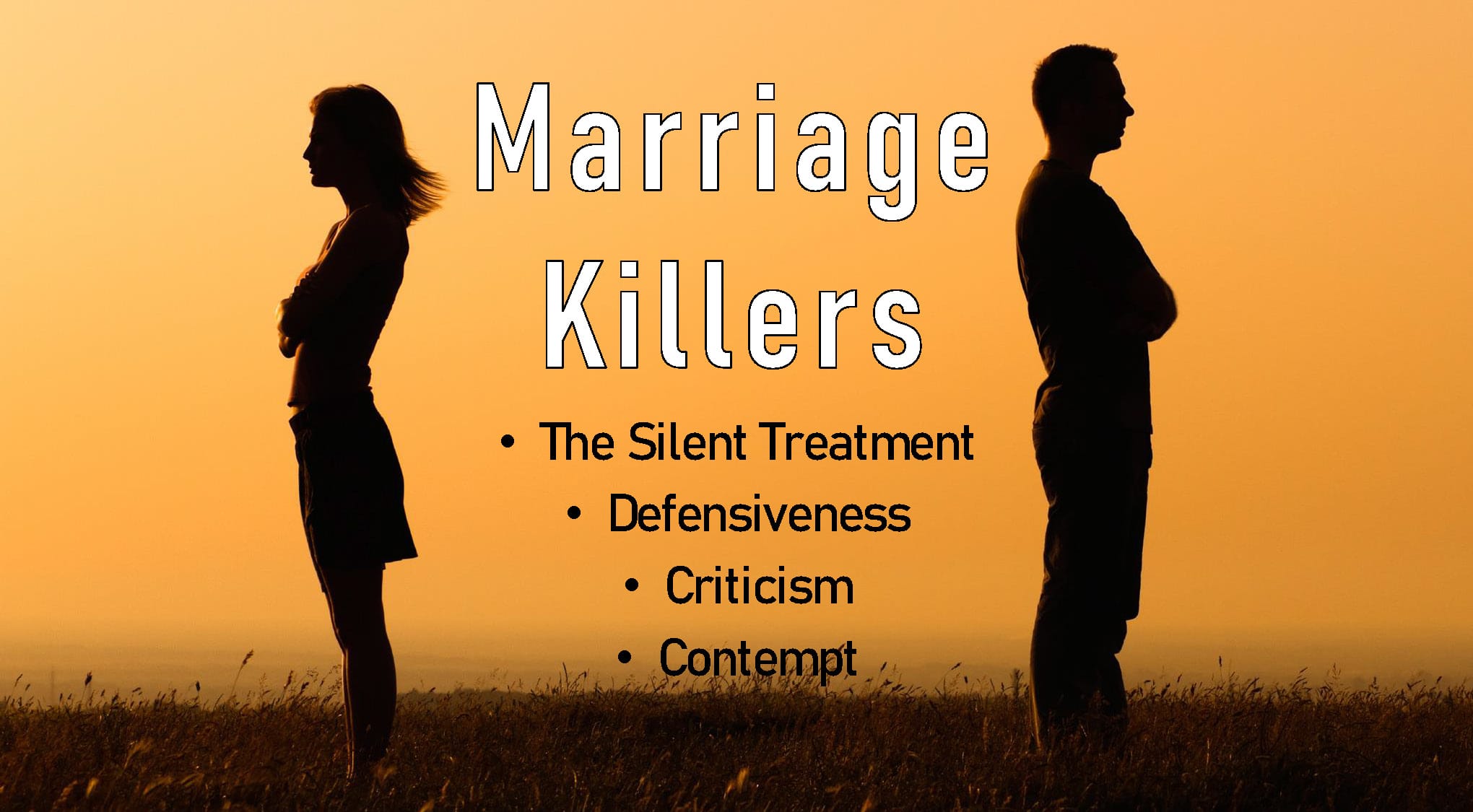
Avoid These Marriage Killers
Let’s face it – we’ve all probably been in a situation where we are arguing with our partner and start to become unkind in the process. Anger flares, insults are hurled, and now the difficult situation we found ourselves in has gotten increasingly worse. There’s many factors that can get in the way of a…
-
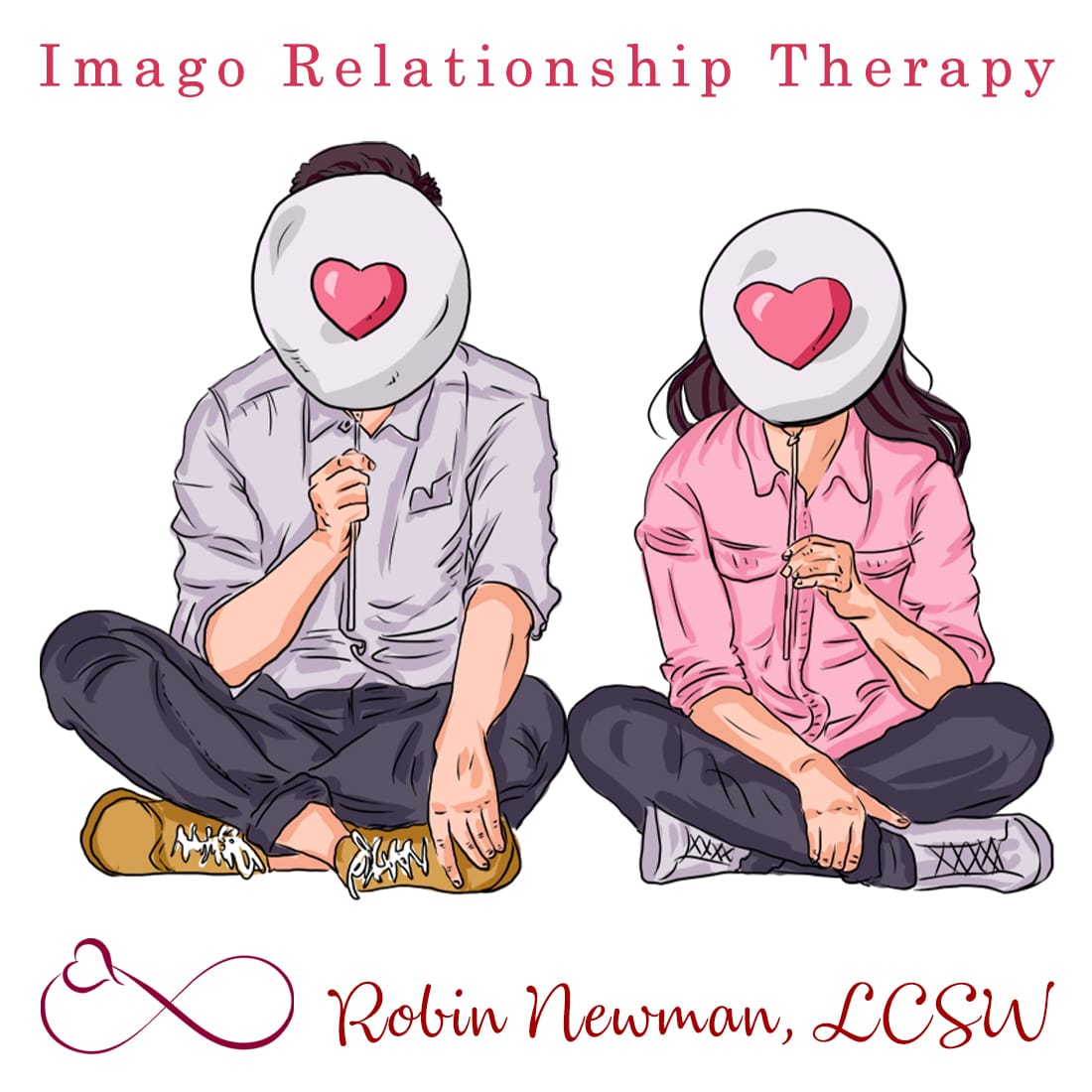
The Imago Dialogue for Couples
If you feel that your relationship is lacking intimacy, I highly encourage you to look into the Imago Dialogue. As an Imago Relationship Therapist, I help guide couples who struggle for re-connection to find their way, develop better communication skills, and fully be heard and understood. Once this happens, couples open up, their hearts open,…
-
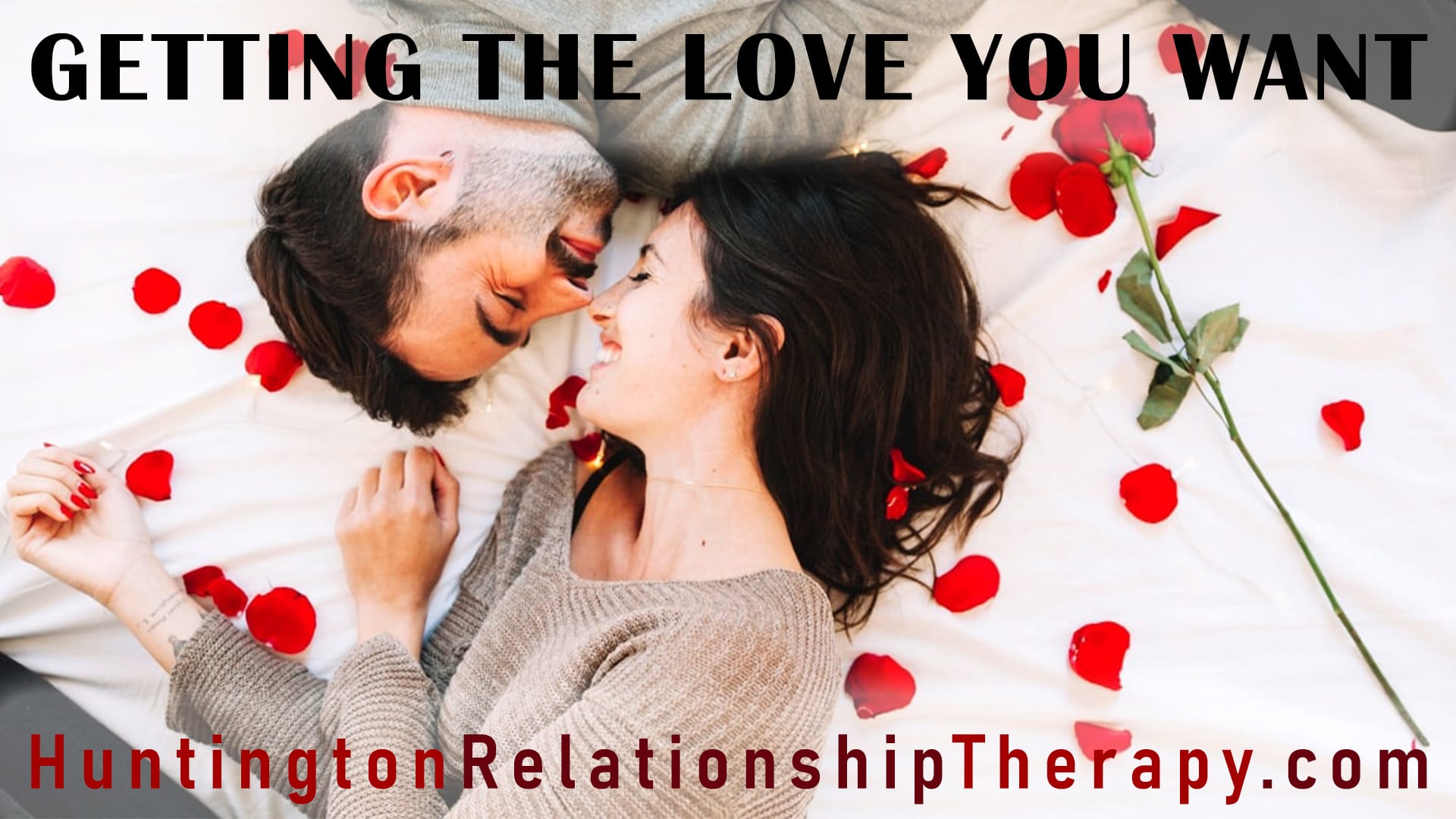
Romantic Love Is Not An Illusion
Romantic Love Is Not An Illusion ~ Getting The Love You Want Sept. 2019 Workshop ~ Long Island, NY Romantic love is not an illusion. We’re our highest selves when we let go of defenses. We think the person who we’re falling in love with is “giving” us these feelings, but actually, it’s our body…
-
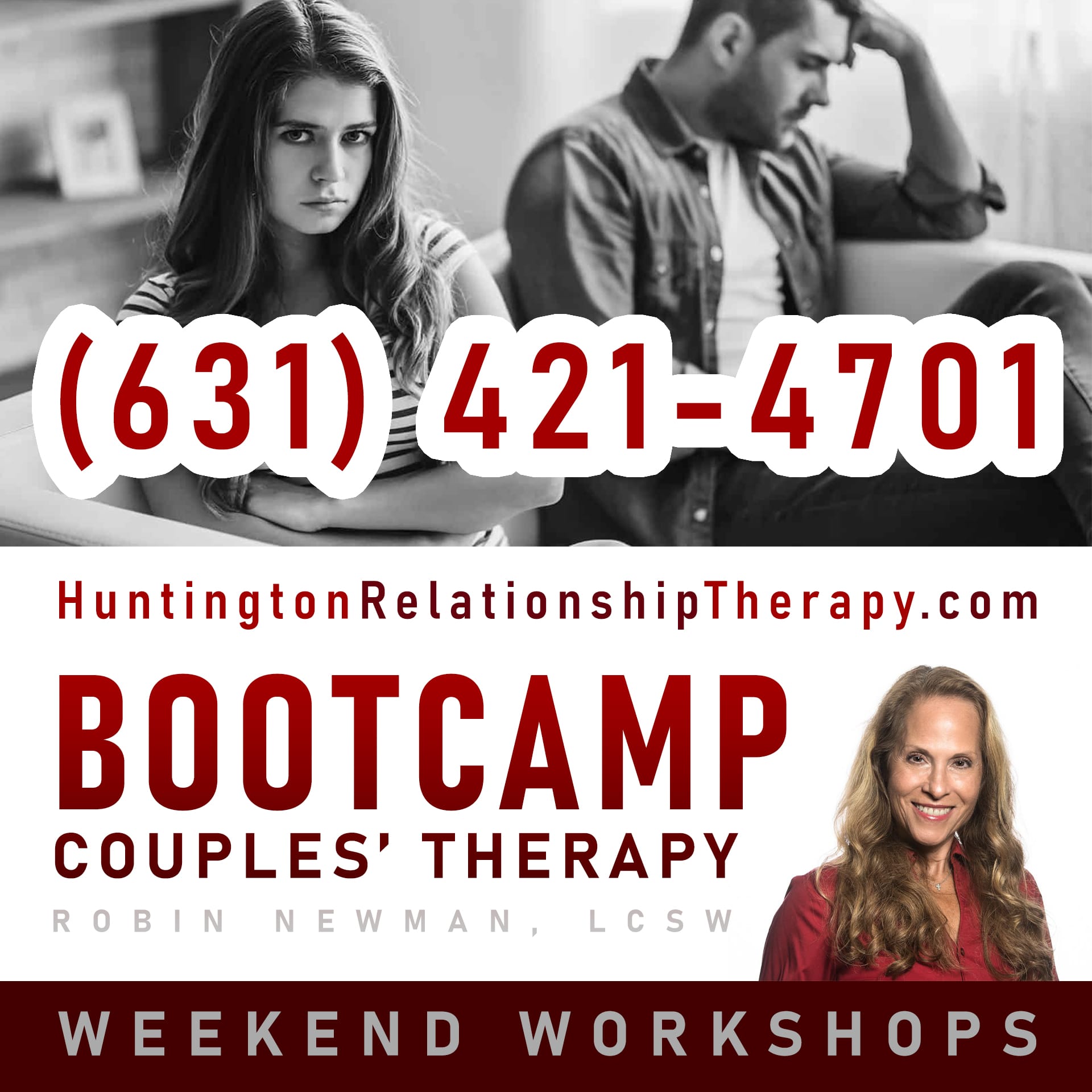
Getting Through Hard Times
It’s easy to love when we are blissfully happy, when we are in love and everything is running smoothly, but love is tested in hard times developed in crisis and reaches its full maturity when unexpected tragedies unfold. So, although we never seek or welcome tragedy, we need to remember that there is a hidden…

